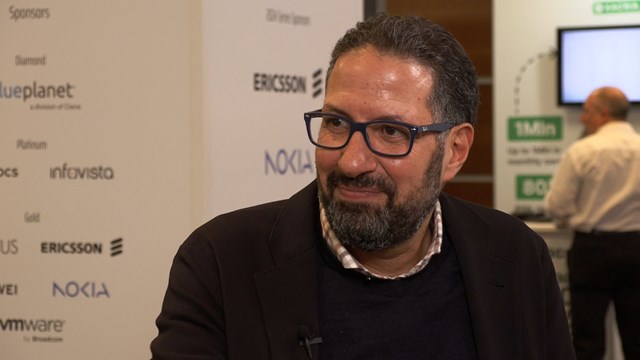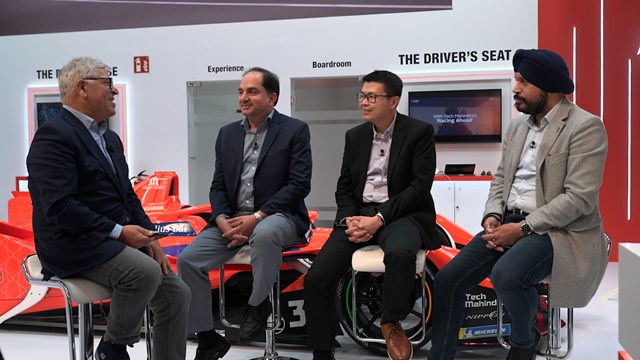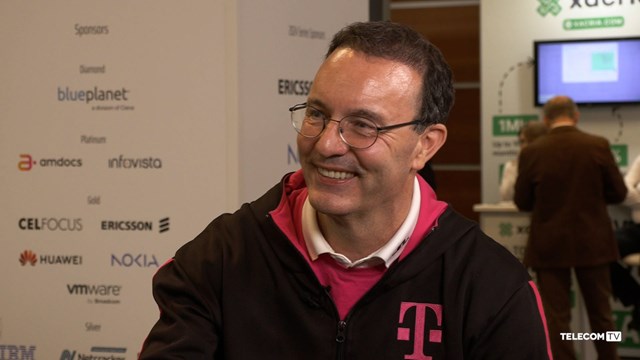Of course all IT is full of these scenarios and always has been. Disruption and its avoidance is the name of the game, but even so, the mobile phone business seems particularly prone to the corporate disaster: how else could you describe the performance of Nokia? It was still the dominant smartphone player (yes, bigger by far than Apple) until as late as early 2011. Now it's nowhere.
HTC was the original darling of the Android world but in just a couple of years has crashed out, bulldozed by Samsung. BlackBerry/RIM was doing so well so recently, and now represents the most disastrous fall from grace of all.
There are clearly a number of dynamics at play. Yes there is the primacy of the app store. You have to have a big one to get anywhere and if you now start from zero you have a real problem - all the developers are happy developing for iOS and Android - they don't need you.
But that doesn't explain why HTC has been so comprehensively battered by Samsung.
I like the speeding-up product cycle theory - this holds that if you lose concentration and fall behind you have a big problem because the product cycle time is now less than (or close to) the development cycle time. So by the time you develop a product to beat or match the latest product from the dominant competitor, he, she or it will already have the next one out and be battering you again .
There is a lot in that last explanation and leading industry analyst Chetan Sharma identifies product cycle times shortening as one of the major drivers in device market performance, in a new paper released this week: What really drives device market performance?
Of course there are a range of factors keeping Apple and Samsung at the top of the smartphone pile: Sharma name-checks Brand Equity, Marketing, Competition, Channel, Product, and supply chain performance. The one we (certainly) and the industry as a whole (probably) hadn't factored as much as we should is 'supply chain'.
"The control over the industry supply chain matters a great deal not only for time to market and margin expansion but also to keep the competitive forces at bay. Apple is able to write big billion dollar checks that freezes the supply chain so that the smaller OEMs are not able to procure adequate component supply in time to hit their targets (HTC) or the pricing of the end product ends up too high (Motorola) that the product introduction doesn’t have the desired outcome. "
Sharma doesn't seem too fussed about patent wars and the patent law-suit's ability to sow fear, uncertainty and doubt amongst competitive OEMs, but who needs patents if you can just buy up the technology supply?
Fair competition? Maybe this is one more area that requires some regulatory scrutiny.
The paper is well worth reading in full - download it here.
Email Newsletters
Sign up to receive TelecomTV's top news and videos, plus exclusive subscriber-only content direct to your inbox.



